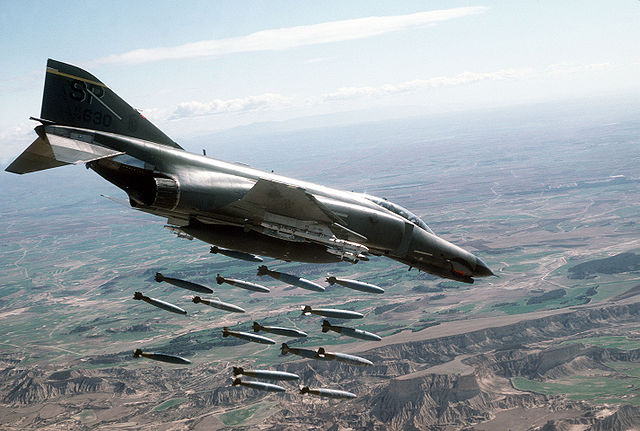It is not accurate to say that India has been "defeated" by Pakistan a specific number of times. India and Pakistan have fought several wars and military clashes since their freedom in 1947, and both sides have experienced conquests and losses.
India and Pakistan have been involved in numerous conflicts and disputes, including over the disputed region of Kashmir, which both countries claim in its entirety. India and Pakistan have fought three major wars over Kashmir: in 1947-48, 1965, and 1971. In addition to these wars, there have been numerous smaller skirmishes and military standoffs between the two nations. The article below describes one such clash
February 27 is a considerable date in Pakistan's history as it marks the day when a military confrontation happened between Pakistan and India in 2019. This occasion is commonly referred to as the "2019 India-Pakistan standoff" or the "2019 Balakot airstrike."
The standoff happened following a suicide bombing on February 14, 2019, in the Indian-administered region of Kashmir, which killed 40 Indian paramilitary troops. India blamed the Pakistan-based militant group Jaish-e-Mohammed (JeM) for the attack and vowed to take action against the group. The Indian government argued that it had believable intelligence that JeM was planning more attacks in India and that it needed to take pre-emptive action. How much truth there is in this cannot be said.
On February 26, 2019, India carried out airstrikes on what it claimed were JeM training camps in Balakot, Pakistan. Pakistan denied that the airstrikes had caused any damage, and responded by launching its airstrikes on Indian military targets in Kashmir the next day, February 27.
During the airstrikes on February 27, an Indian Air Force jet was shot down by the Pakistan Air Force, and its pilot, Wing Commander
Abhinandan Varthaman, was arrested by Pakistani forces. The pilot was later released on March 1, 2019, as a gesture of benignancy by the Pakistani government.
The 2019 India-Pakistan standoff lifted tensions between the two nuclear-armed nations and sparked troubles about a potential conflict. The crisis was de-escalated in the following weeks, however, through diplomatic struggles by the international community. The event remains a substantial moment in the ongoing tensions and conflicts between India and Pakistan.
Background on the India-Pakistan Conflict:
The conflict between India and Pakistan dates back to the partition of British India in 1947, which created two separate states: India and Pakistan. The partition was accompanied by general violence and mass migration, with millions of Hindus and Muslims, forced to flee their homes.
Since then, India and Pakistan have been involved in numerous conflicts and disputes, including over the disputed region of Kashmir, which both countries claim in its entirety. India and Pakistan have fought three major wars over Kashmir: in 1947-48, 1965, and 1971. In addition to these wars, there have been numerous smaller skirmishes and military standoffs between the two nations.
The 2019 India-Pakistan Standoff:
The 2019 India-Pakistan standoff was sparked by a suicide bombing on February 14, 2019, in the Indian-administered region of Kashmir, which killed 40 Indian paramilitary troops. The attack was claimed by the Pakistan-based militant group Jaish-e-Mohammed (JeM).
Following the attack, India blamed Pakistan for supporting and sponsoring terrorist groups and vowed to take action against JeM. The Indian government claimed that it had credible intelligence that JeM was planning more attacks in India and that it needed to take pre-emptive action.
On February 26, 2019, India carried out airstrikes on what it claimed were JeM training camps in Balakot, Pakistan. India claimed that the airstrikes had successfully destroyed the camps and killed a large number of militants. Pakistan, however, denied that the airstrikes had caused any damage, and stated that the Indian planes had dropped their bombs in an open area.
The next day, February 27, Pakistan responded to the Indian airstrikes by launching its airstrikes on Indian military targets in Kashmir. During the airstrikes, an Indian Air Force jet was shot down by the Pakistan Air Force, and its pilot, Wing Commander Abhinandan Varthaman, was captured by Pakistani forces.
The pilot's capture sparked fears of a larger conflict between India and Pakistan, as tensions between the two nations escalated. Both sides.!?

_39W_Pakistan_Air_Force_Konya_AFB_30.6.22_(52233200683).jpg)


.jpg)

Comments
Post a Comment